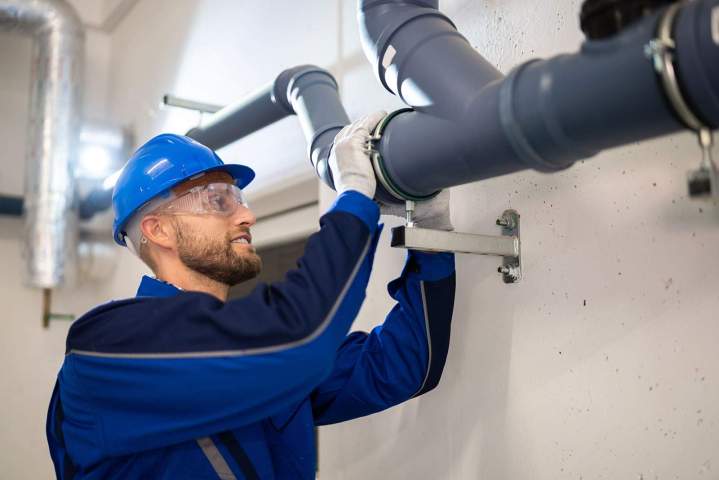What Causes Slow Drainage In Kitchen Sinks?, Fort Lauderdale

A slow-draining kitchen sink is frustrating, but understanding the culprits helps you prevent and fix the problem.
The Usual Suspects: Grease, Food Scraps, and Soap Scum
The most common causes of slow drainage in kitchen sinks are the everyday culprits that go down the drain. Grease and cooking oils are particularly problematic. When hot, they're liquid and flow easily, but as they cool, they solidify and cling to the interior walls of your pipes. Over time, these fatty deposits build up, narrowing the pipe's diameter and significantly impeding water flow. It's like hardening plaque in an artery, gradually restricting the passage. Even small amounts of grease, consistently poured down the drain, contribute to this insidious accumulation.
Food scraps, even seemingly tiny ones, also play a major role. Coffee grounds, rice, pasta, fruit peels, and vegetable bits might seem harmless, especially if you have a garbage disposal. However, disposals don't liquefy everything; many particles still go down the drain, where they can combine with grease and other sticky substances to form stubborn clogs. Over time, these organic materials can decompose, creating a sludgy, odorous mess that further exacerbates drainage issues. Finally, soap scum, while more common in bathroom sinks, can also contribute to kitchen sink blockages, especially if you use liquid detergents that contain fats or oils. These substances combine to create a sticky, pipe-coating film that traps debris and slows water to a crawl.
Beyond the Obvious: Deterioration and Structural Issues
While grease and food are the primary culprits, slow drainage can also be indicative of more serious underlying plumbing issues. Over time, pipes can deteriorate, especially older metal pipes that are prone to corrosion and rust buildup. This internal roughening of the pipe walls creates an ideal surface for grease and food particles to adhere to, accelerating the clogging process. In essence, the pipe itself becomes less efficient at moving water.
Another less common but significant cause is a structural problem with the plumbing system itself. This could include a bellied pipe, where a section of the drain pipe sags due to improper installation or shifting ground. This sag creates a low point where water and solids can accumulate instead of flowing freely, leading to chronic slow drainage. Tree roots, while more typical for main sewer lines, can sometimes intrude into smaller branch lines leading to your kitchen sink, especially if there are existing cracks in the pipes. These roots grow within the pipe, forming a dense network that traps debris and creates a complete blockage. If you've tried common remedies and your kitchen sink still drains slowly, it's wise to consider that the problem might be more complex than just a simple clog and may require professional diagnosis and repair.